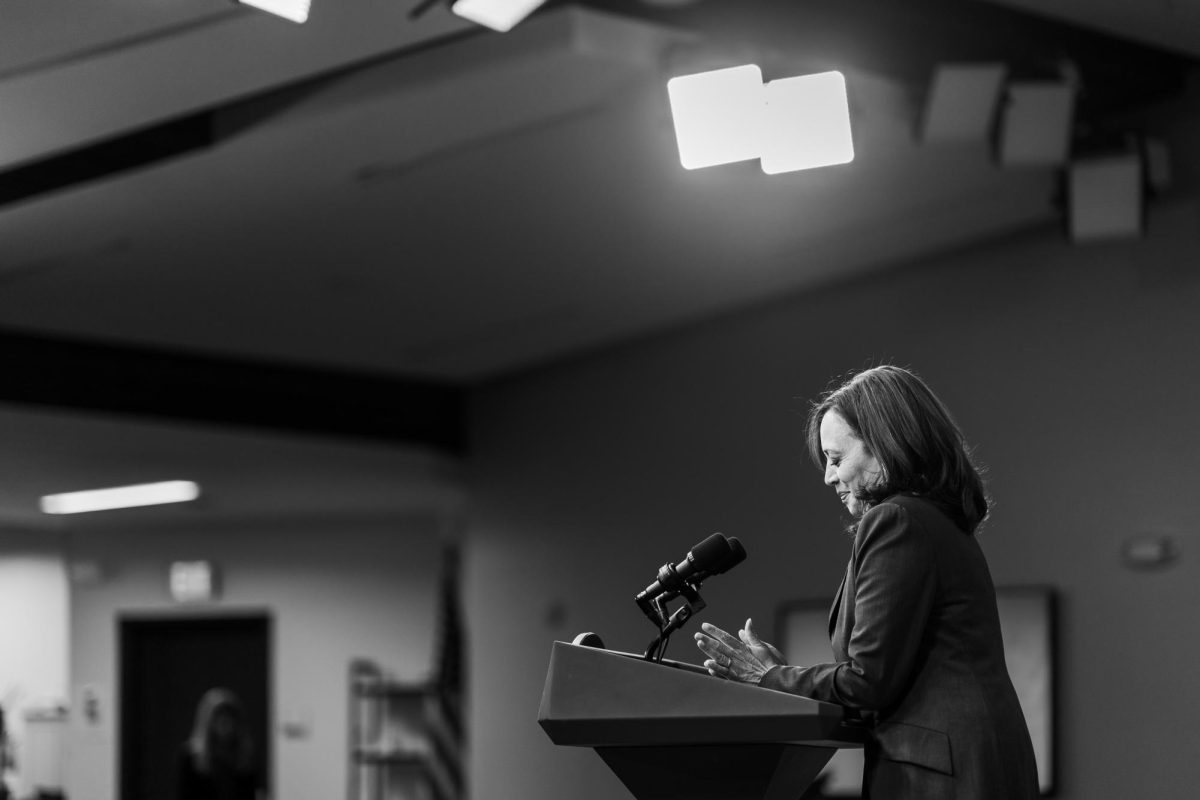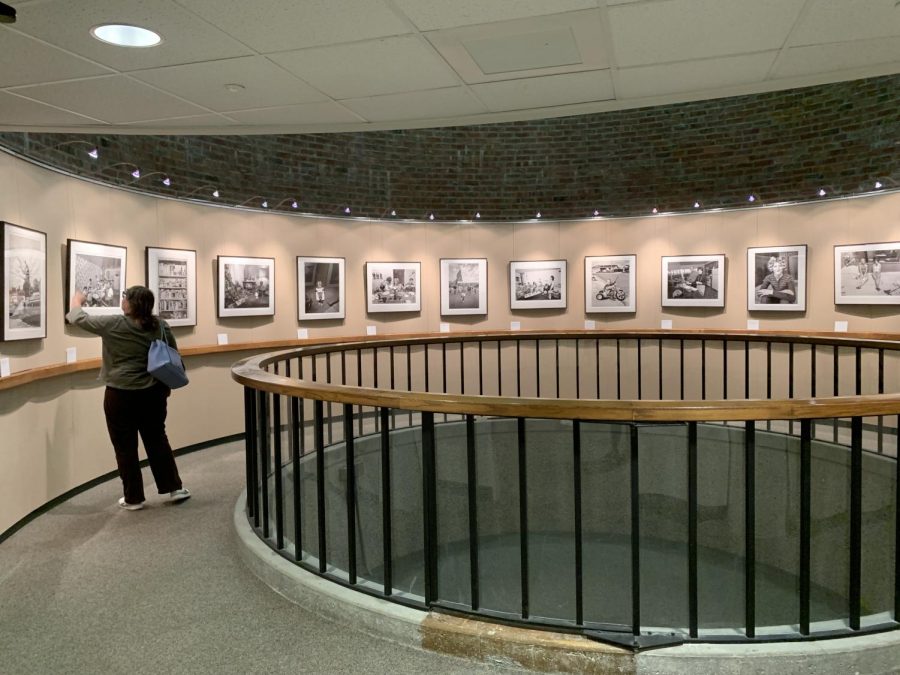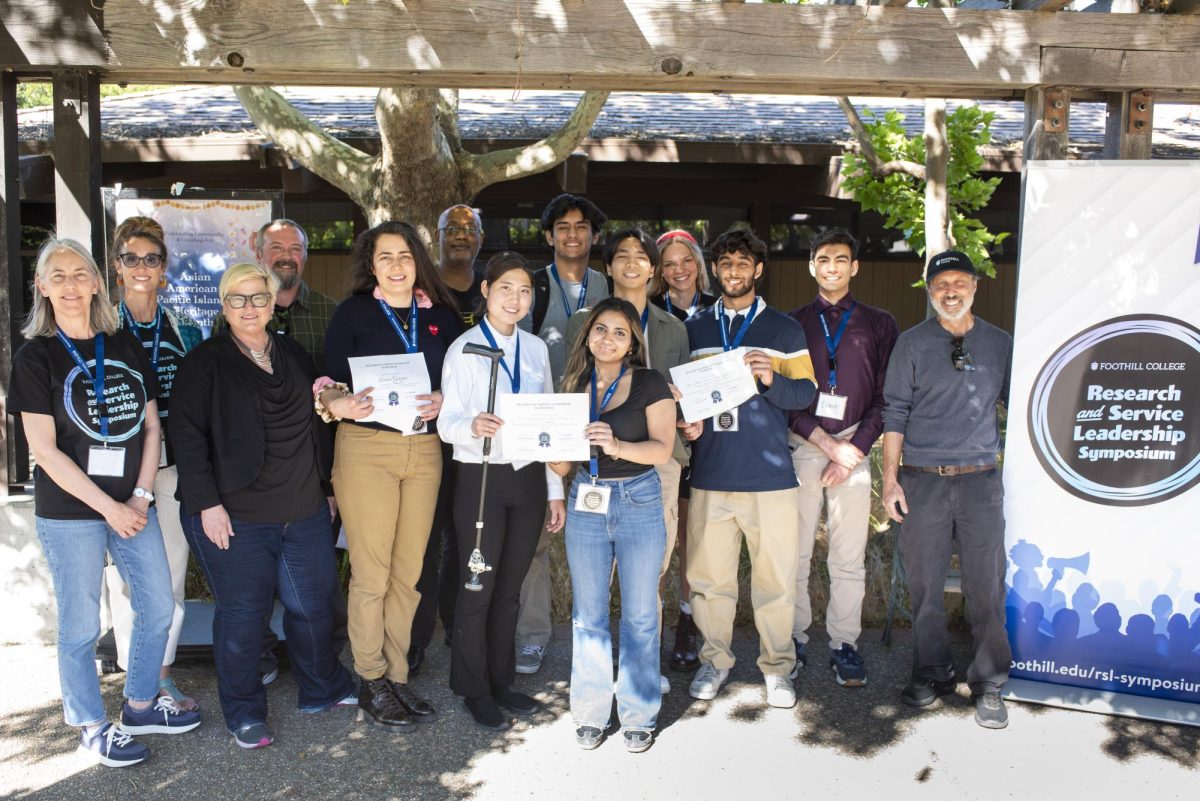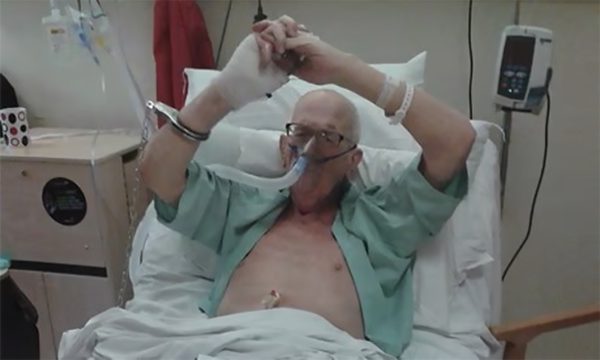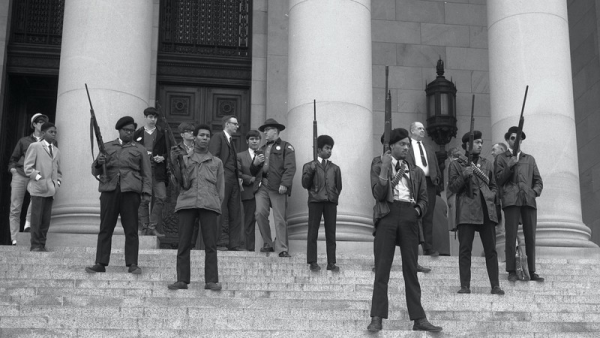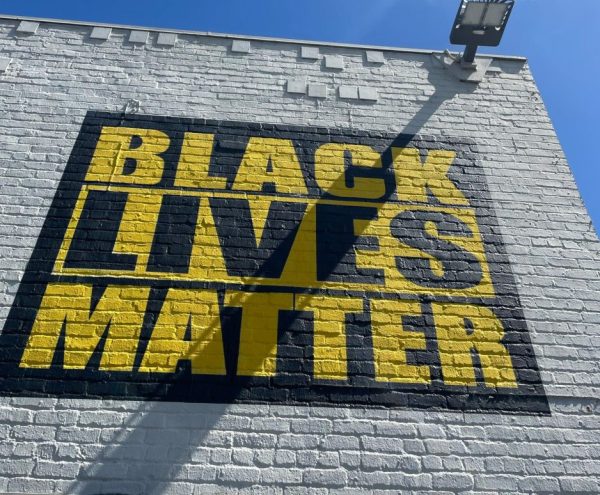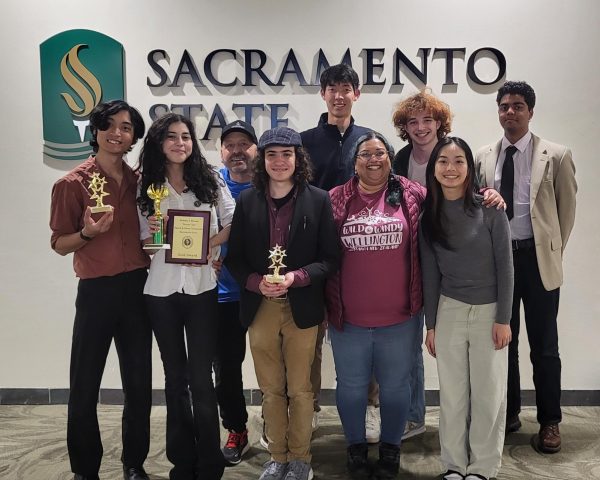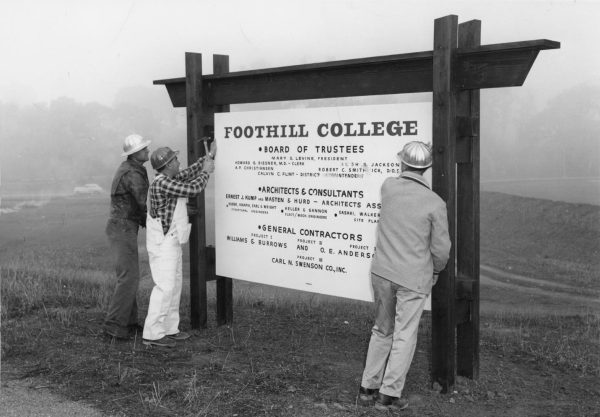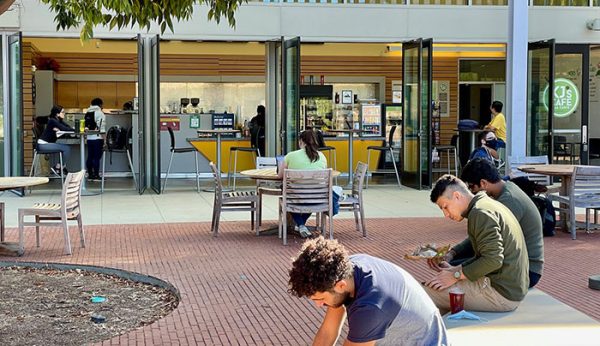“I don’t care, I’m not American.”
Our only active agenda in fighting gun violence is apathy.
The Vegas shooting. Once again, debates about gun rights and gun laws are re-ignited.
October 1st, 2017. One man with 23 guns, 12 of which were rifles with “bump stocks” (an attachment that allows semi-automatic weapons to fire faster) smashed the windows of a suite on the 32nd floor of Mandalay Bay and rained death upon thousands who were attending a country music concert.
Who is Stephen Paddock? Where is he from? Why did he do it? How did he do it? What can we do now? A lot of questions need to be answered — even for me as an international student.
“Son are you okay, I heard there was a shooting in the US.” “Yes mom… it is far from where I stay…”
What did the tragedy of Kitty Genovese teach us? Humans in general do not care enough when an incident — however extreme — does not affect them directly. The American public is especially adapted to ignore injustice when it happens outside of their radius of concern. Orlando. Virginia. Newtown. For an international student, this disdain is amplified. A mass shooting happened only 8 hours away from my campus, and yet no panic, no unease, barely a speck of concern. Only parents on the other side of the globe feeling anxious for their children’s safety. We, the international community who reside in the United States, grossly overlook America’s laws and policies until they interrupt our daily lives. Of course, we offer “thoughts and prayers” to the victims of the Vegas shooting (and the victims of countless other shootings that occur too often in the United States) for these are tragic incidents that nobody deserves to have to go through. Maybe discuss an ideal world where this never happens again. But beyond that, nothing.
Some are confused as to why I continue to stress myself out over this incident two weeks later when I wasn’t even born in the United States. Well for starters, Jimmy Kimmel cried on his show, and that’s hard to ignore. More importantly though, I live here, and this is reported to be “the worst mass shooting in modern US history”. Do these not give one enough reason to act? The big numbers in bold font “59 killed and more than 500 injured in America” make eye-catching headlines all around the world, but are we so numb that we have forgotten what this data represents?
I acknowledge that in comparison to those with friends and relatives involved, my concern as an observer is inferior. By the time the news reaches me, only ripples of sympathy remain — only strangers were involved after all, and it can be so easy to forget that strangers are human too. Even so, I am concerned enough to voice my opinion because I am aware that behind the numbers, there are faces; behind the faces, there are people; and with every individual, there is a story and a life. Numbers aside, innocent lives were lost. This should not happen again, but what will be there to deter the next mass shooter — Education? Healthcare? Restrictions? Regulation?
I lament that the time to discuss this issue has to be now, when the wounds are still fresh, but this is enough.
We mourn the innocent lives lost, but history has repeated itself — multiple times, in fact, with only slight differences per incident. Trailing each horrible incident is another similarly repetitive statement: do not “politicize” tragedy. The public voice, hurt and concerned about the future, usually gets silenced — and with it, our empathy. Not this time. Not again.
From an “outsider’s” perspective, it is obvious that America’s tangle with gun violence is not a simple one-dimensional problem, but rather a national crisis with roots in multifaceted structural and societal issues. This does not mean we should only act when we find the perfect solution that fixes all triggers to this crisis, for a simple unidirectional solution can still alleviate the situation and save thousands: fill the void in America’s mental health support system, pass some “common sense” gun laws, or re-evaluate who has access to a lethal weapon. True, a multi-angled approach may be required to completely resolve a multi-level problem. But this perfect solution is not only convoluted but elusive — if it even exists. Tackling the problems of gun violence one at a time in a step-by-step approach may be a better way to attack this complicated issue, and it starts with understanding the issue has not gone away.
Would an international student from Singapore claim to understand the complexities of gun violence in the United States? No, that would be absurd. But what I do know is that something has to be done — right now. In my opinion, not enough change is happening simply because not enough people are concerned enough to act and would rather wait around for a perfect solution than begin working to fix this issue in earnest.
Note: Something has to be done to fix the long-term issue of gun violence, but in the short-term, a good way to help is to donate to the relief and financial support fund for Vegas victims.
Care. Act. Even if imperfect. Even if you are not American.



























